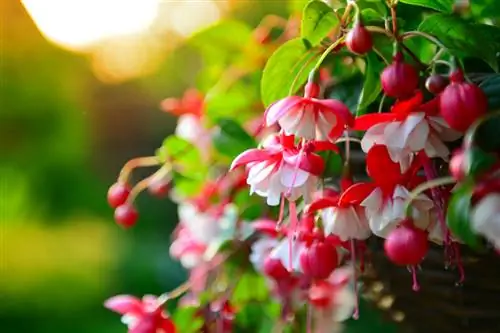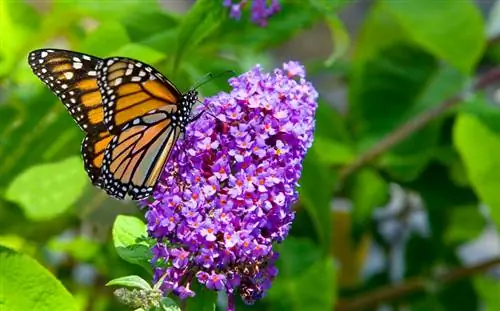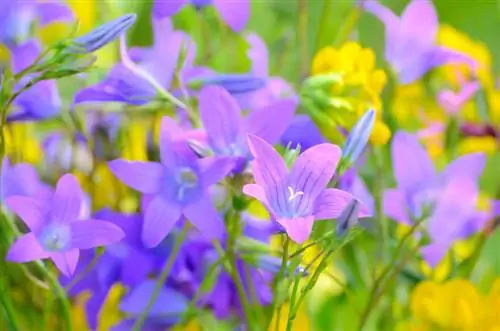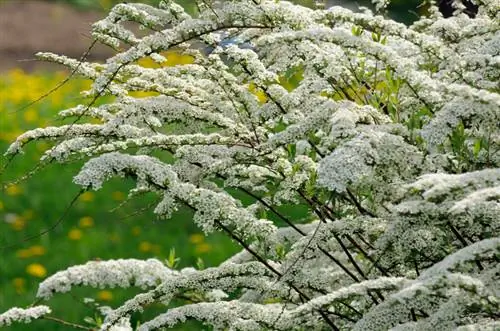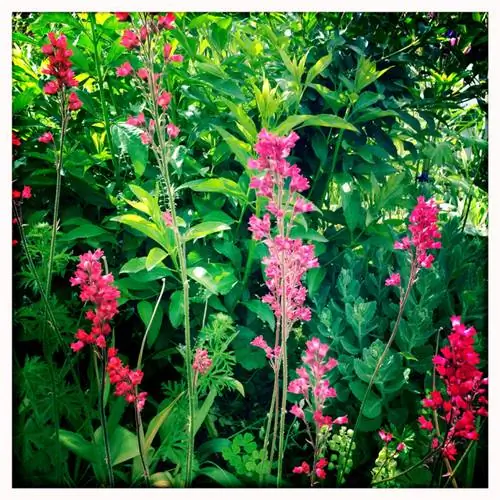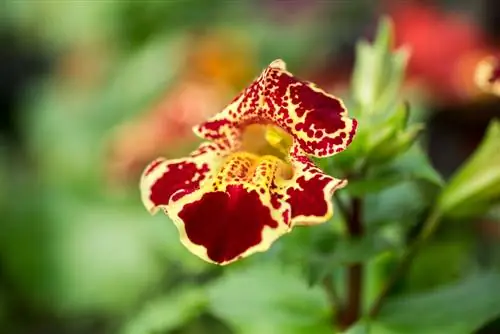- Author admin leonars@hobbygardeners.com.
- Public 2023-12-16 16:46.
- Last modified 2025-01-23 11:20.
The beautiful flowering plants originally come from the rainforest regions of the Andes, where they thrive on the edge of the rainforest, in the light shade of tall trees and in high humidity, especially at altitudes up to 3000 meters above sea level. We should create similar growing conditions in this country so that the floral splendor of the exotic fuchsias can develop properly.
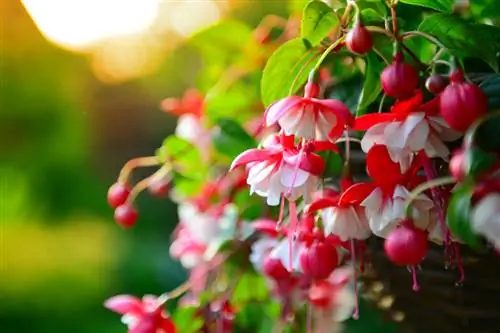
Where is the ideal location for fuchsias?
Fuchsias prefer a bright to partially shaded location, without direct sunlight. Locations on the western or eastern side of the house, or in the shade of trees, are ideal. More sun-tolerant fuchsia species should be mulched and kept evenly moist.
Fuchsias prefer light to partially shaded locations
As in their natural habitat, fuchsias like light to light shade, but not directly sunny. Really shady places are also not very suitable, as the plants will rarely develop their full blooms there. Locations on the western or eastern side of the house (or on balconies facing west or east), but also towards the south are well suited - but the latter only if the plants are planted in the shade of trees or similar. In general, fuchsias are ideal as underplanting, as long as it doesn't get too dark.
Sun-tolerant fuchsias
Although it is always said that fuchsias should not be placed in full sun, some types and varieties of fuchsias are generally much less sensitive to sunny locations. As a rule of thumb: the brighter the colors of the flowers, the sunnier the location can be.
Properly care for fuchsias in sunny locations
However, fuchsias in sunny locations require particularly intensive care. The relative insensitivity to the sun applies to the above-ground parts of the plant, but not to its roots. Fuchsias should not dry out, nor should their roots heat up. For this reason, fuchsias should be mulched in sunny places (this prevents both drying out and overheating) and kept evenly moist.
Tip
If you grow your fuchsias as a houseplant, place them in a bright but not sunny location. Places directly above a heater should also be taboo due to the risk of overheating and drying out for the roots.

